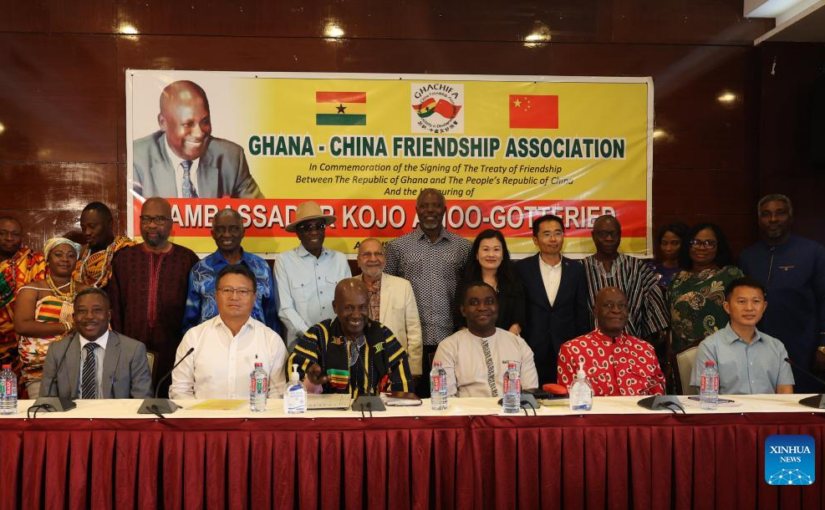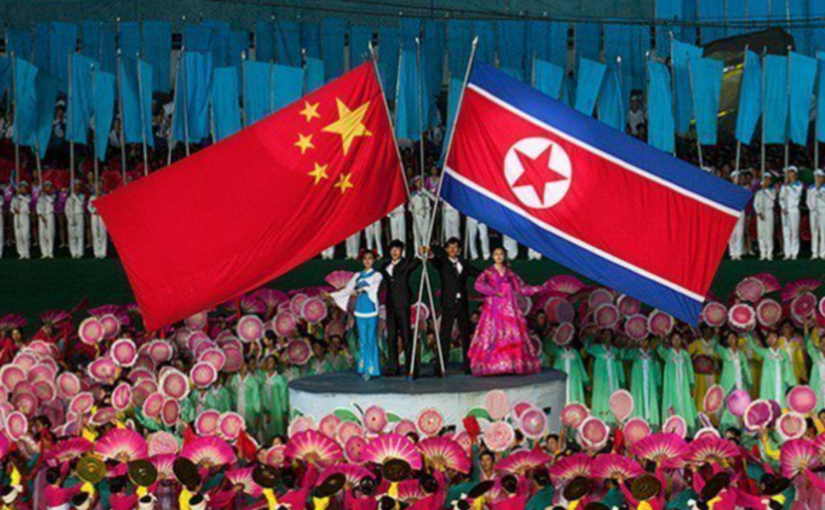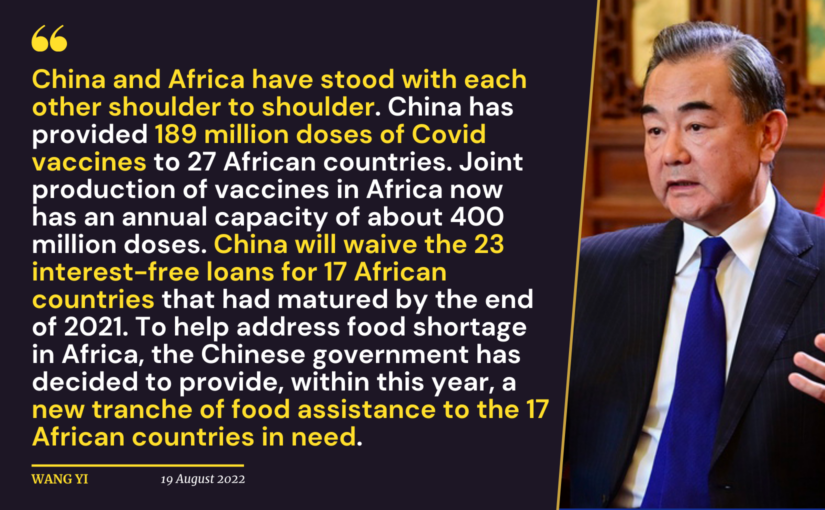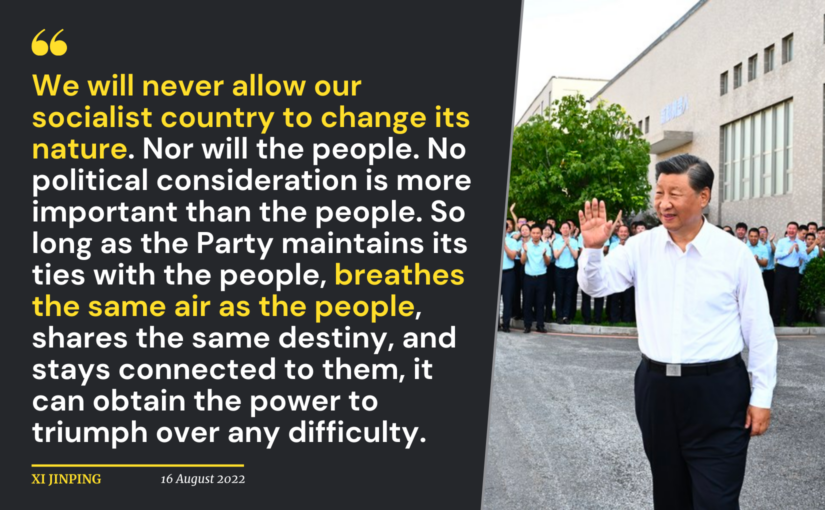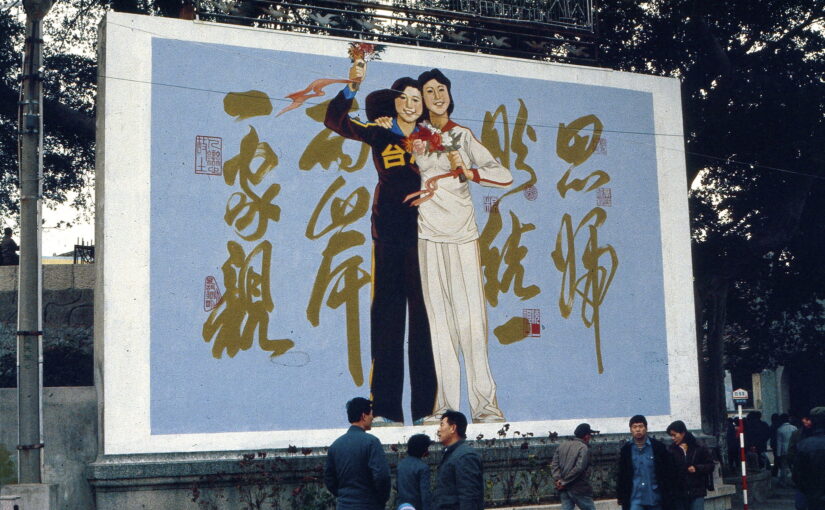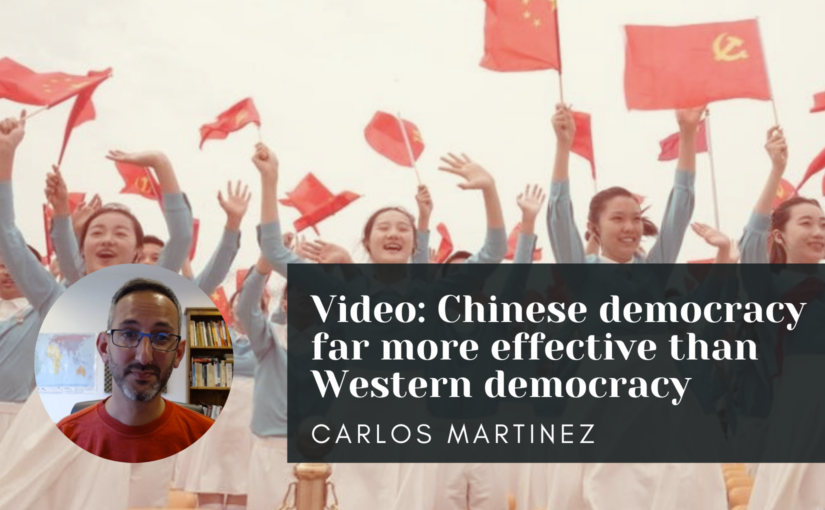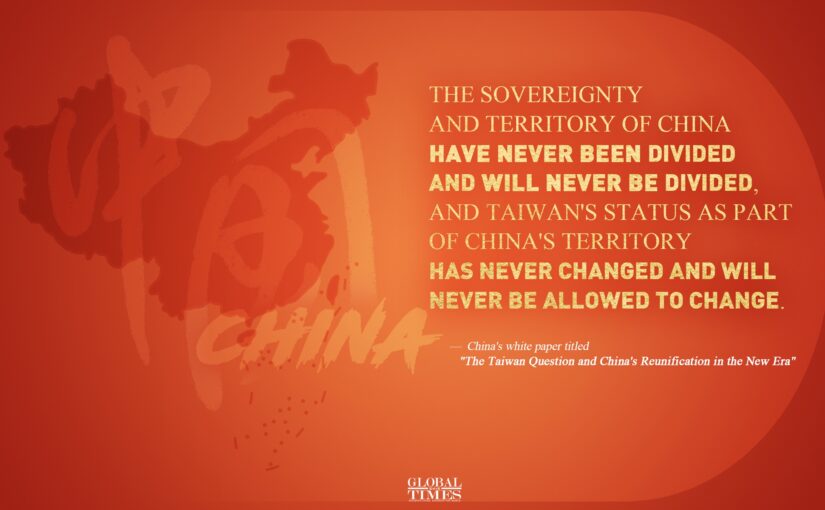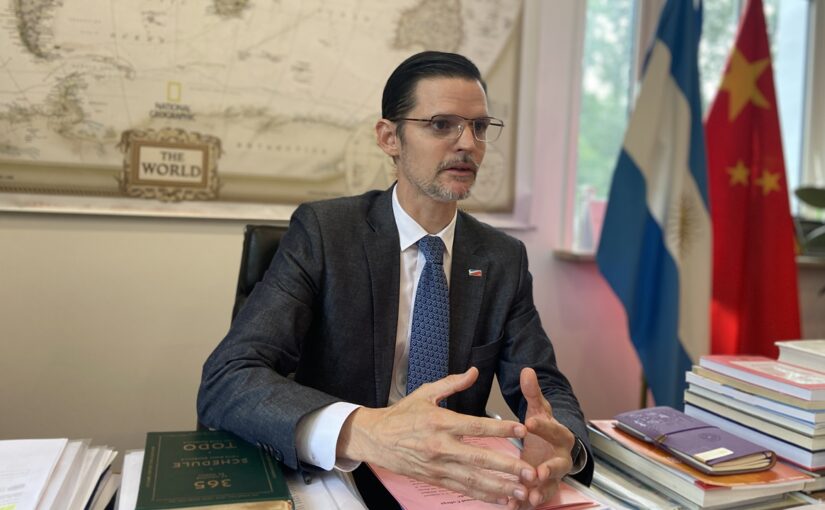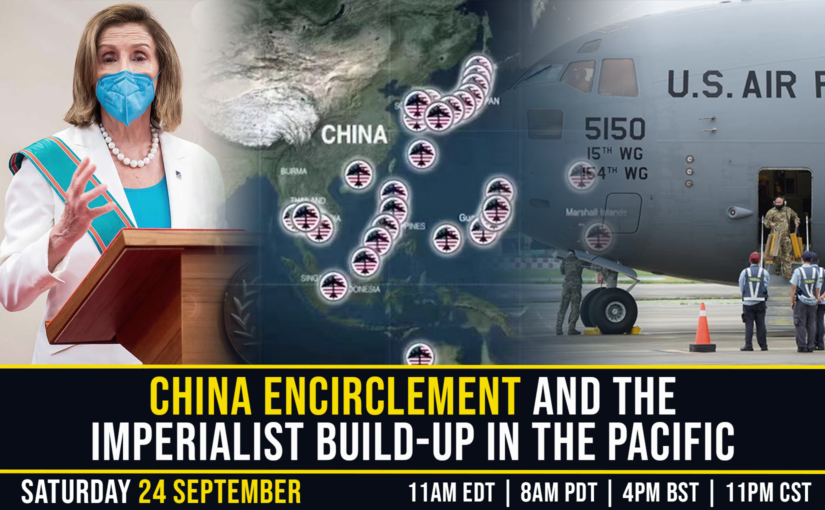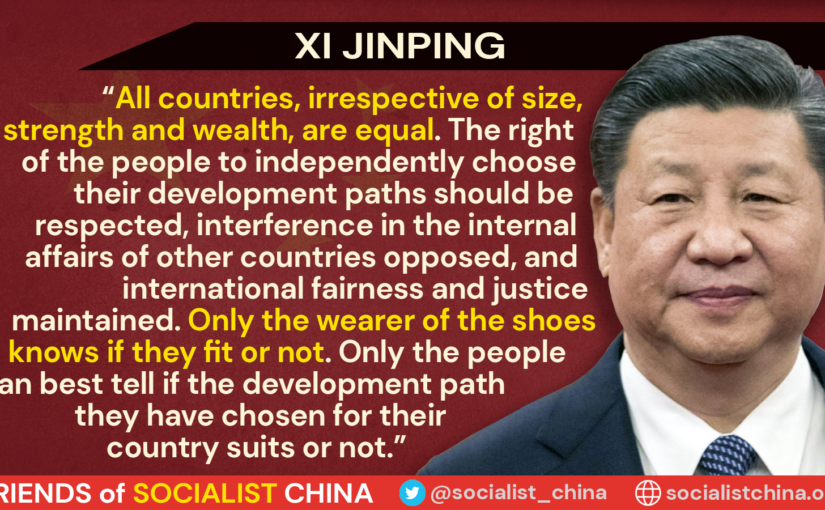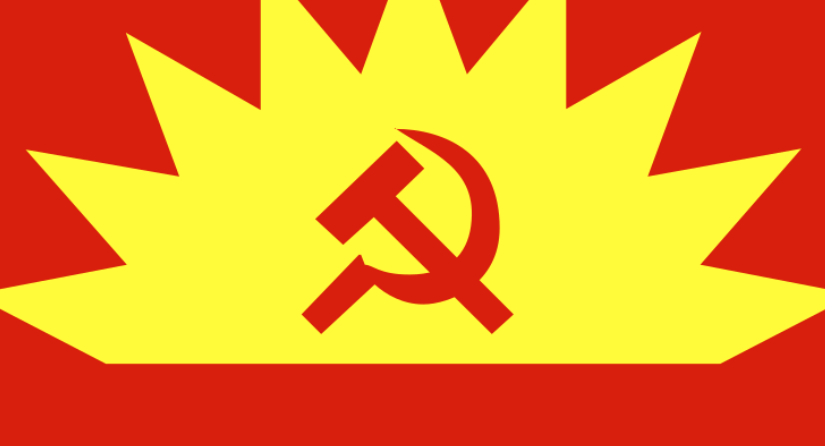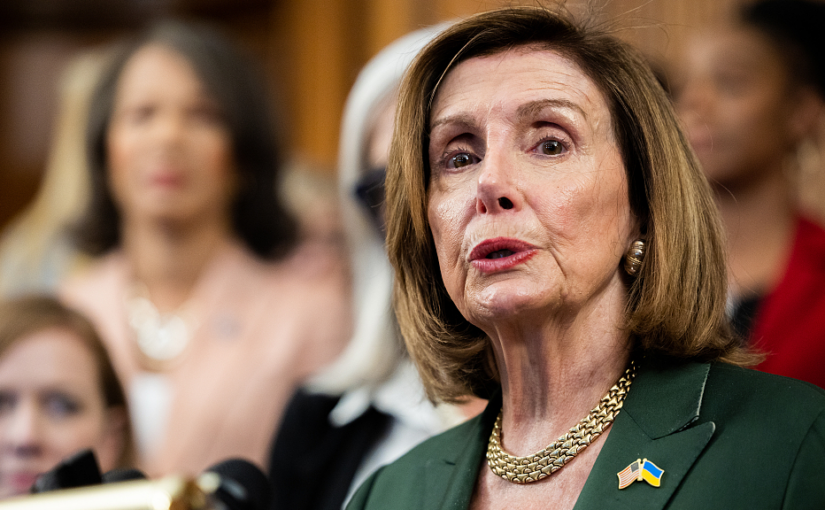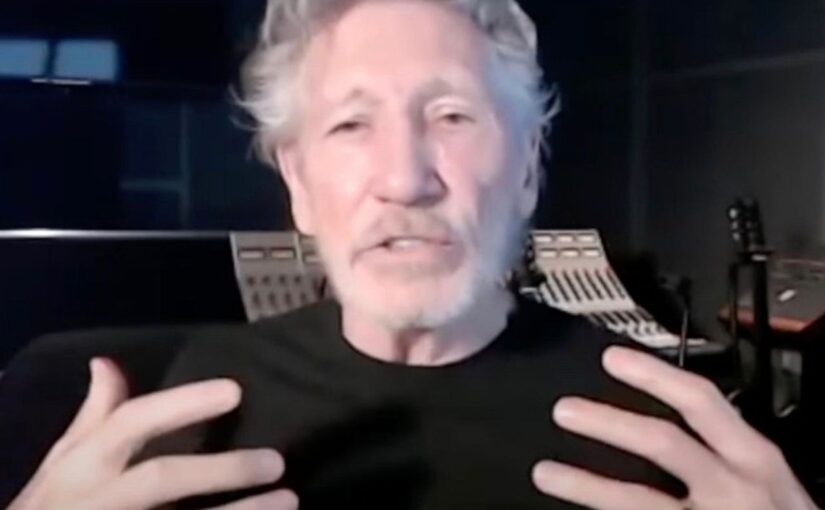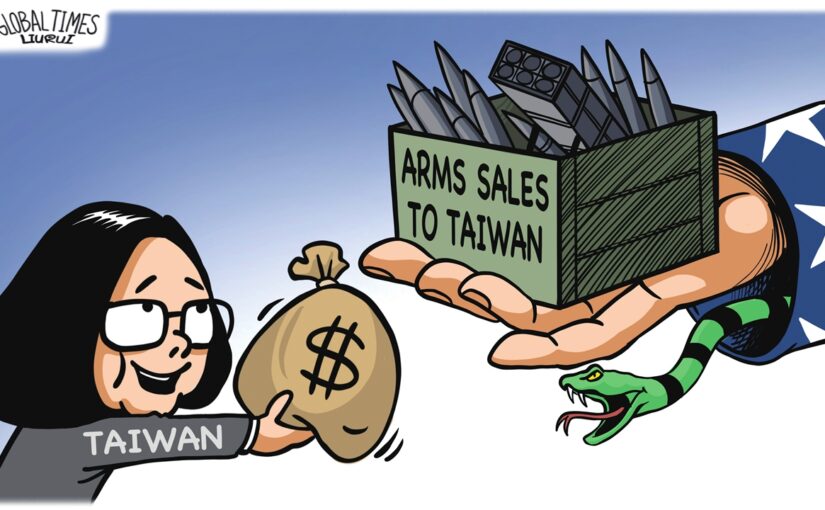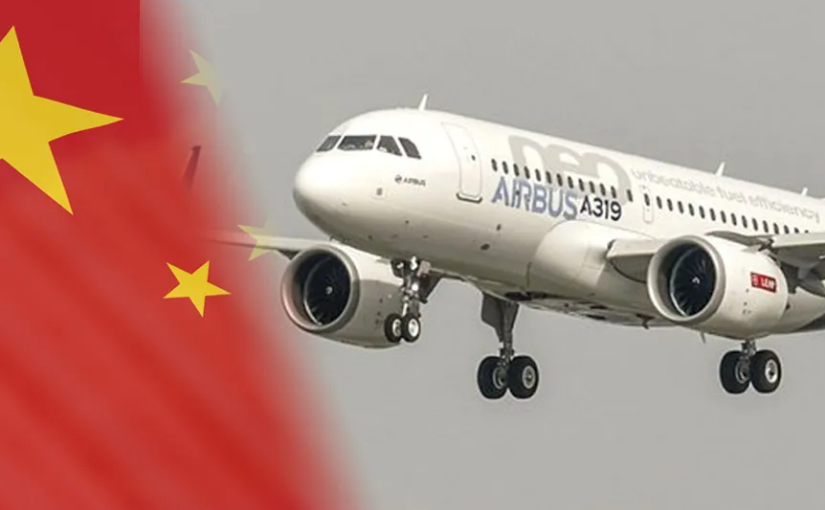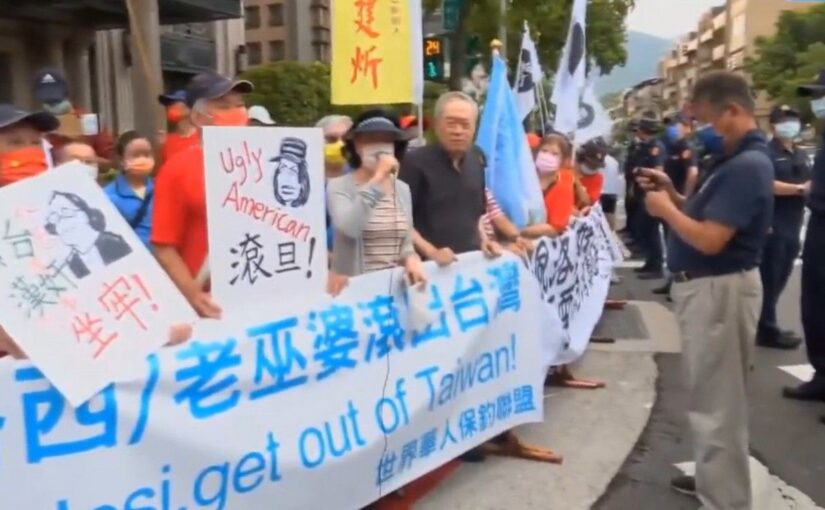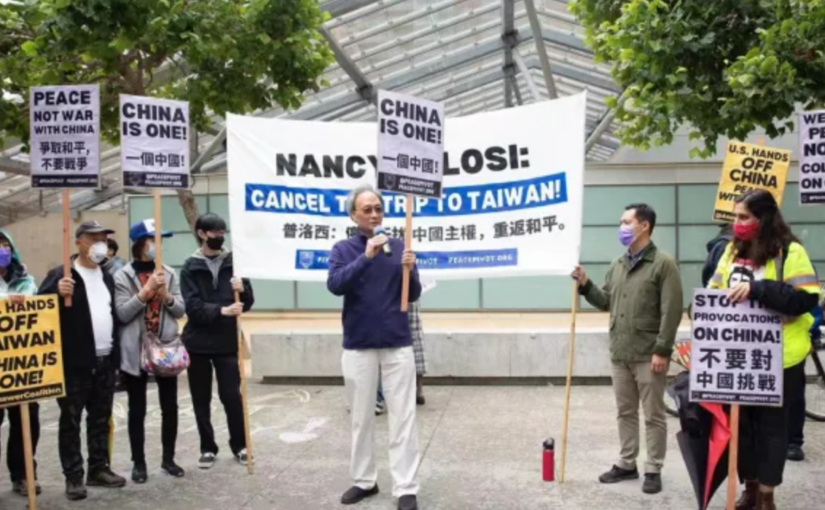In the following article, originally carried by The Canada Files, William Ging Wee Dere analyses the fallout from Nancy Pelosi’s visit to Taiwan, and the continued provocations by the United States, joined by a number of its junior imperialist partners, with particular reference to the impact on different political and economic circles in Canada.
William notes that just days before the Pelosi visit, a Taiwanese delegation was in the Canadian capital Ottawa, lobbying for support for its application to join the Comprehensive and Progressive Agreement for Trans-Pacific Partnership (CPTPP) trade deal.
However, he notes that divisions are opening up within the Canadian ruling circles – for example, some corporations were not happy with having to dismantle Huawei equipment for ideological reasons, disguised as security concerns, whereas the military industrial complex sees confronting China as a way to make billions of dollars.
“Within the ruling class,” he argues, “there are some with a bit of backbone to stand up to the US Cold War mentality against China.” Unfortunately, this does not include the spineless Prime Minister Justin Trudeau.
For their part, the writer concludes: “Anti-imperialists are pushing for an independent Canadian policy free from the US domination and in the interest of the Canadian people. It is in our interest to engage with China in a normal and respectful manner without name-calling and prejudice.”
William Ging Wee Dere is the author of ‘Being Chinese in Canada, The Struggle for Identity, Redress and Belonging.’ He was a leading activist in the two-decade movement for redress of the Chinese Head Tax and Exclusion Act. According to The Canadian Encyclopedia:
“The Chinese head tax was enacted to restrict immigration after Chinese labour was no longer needed to build the Canadian Pacific Railway. Between 1885 and 1923, Chinese immigrants had to pay a head tax to enter Canada. The tax was levied under the Chinese Immigration Act (1885). It was the first legislation in Canadian history to exclude immigration on the basis of ethnic background. With few exceptions, Chinese people had to pay at least $50 to come to Canada. The tax was later raised to $100, then to $500. During the 38 years the tax was in effect, around 82,000 Chinese immigrants paid nearly $23 million in tax. The head tax was removed with the passing of the Chinese Immigration Act in 1923. Also known as the Chinese Exclusion Act, it banned all Chinese immigrants until its repeal in 1947. In 2006, the federal government apologized for the head tax and its other racist immigration policies targeting Chinese people.”
US House Speaker Nancy Pelosi’s provocative and reckless middle of the night visit (Aug 2) to Taiwan has shifted the status quo of the island province to Beijing’s advantage. Turning a bad thing into a good thing: the dialectical method often used by Mao Zedong during the Chinese revolution, is how the Chinese reacted to Pelosi’s 17-hour trip to Taiwan. The People’s Liberation Army used this opportunity to test out their equipment and resources in a war game situation, since, unlike the US, Canada and other Western powers, China has not had any actual experience in warlike combat in over 40 years.
The Chinese people now fully understand that the US and its Western allies cannot be trusted to maintain the One-China policy, internationally recognized since 1971 by the United Nations and the global community including Canada and the US. The US is back-sliding on the issue of Taiwan independence, with its economic and military deals and the many political delegations to the island since the Trump administration. Activities by both US political parties are egging on Taiwan’s ruling Democratic Progressive Party towards independence under the American sphere of influence.
Only 12 days after Pelosi’s visit, another delegation of US lawmakers visited Taiwan on Aug 14. The 5-member delegation, led by Democratic Sen. Ed Markey of Massachusetts, will meet President Tsai Ing-wen and other officials to discuss U.S.-Taiwan relations, regional security, trade, investment among other issues. Other Western countries from the European Union are lining up for their pilgrimage to Taiwan. Canada has a trade office in Taipei. Will Canada follow suit with a delegation to the island and will Canada continue to provoke China by sending its frigates through the Taiwan Strait?
China wants peaceful reunification with Taiwan
China has accelerated its pace for a peaceful reunification of Taiwan with the mainland. The Chinese White Paper on Taiwan was released on August 10, 2022. Observers noted the conciliatory tone of the Paper which says in part,
“We will work with the greatest sincerity and exert our utmost efforts to achieve peaceful reunification. But we will not renounce the use of force, and we reserve the option of taking all necessary measures. This is to guard against external interference and all separatist activities. In no way does it target our fellow Chinese in Taiwan. Use of force would be the last resort taken under compelling circumstances.”
Canada responded in its usual wish-washy approach to international affairs by tailing behind the US. With the other countries in the G-7, it issued a statement condemning China’s military exercises around Taiwan following the Pelosi visit. At the same time, without embarrassment, Canada sent two naval frigates and an undisclosed number of military personnel to the Rim of the Pacific (Rimpac) war games under the US command.
Taiwan separatists on the Offensive
Days before Pelosi’s visit to Taipei, a legislative delegation from Taiwan’s ruling DPP visited Ottawa to gain support for its application to join the Comprehensive and Progressive Agreement for Trans-Pacific Partnership (CPTPP). Taiwan applied to join the trade pact September 2021, less than a week after China’s application. Taiwan is campaigning to break out of its diplomatic isolation in trying to join various international organizations. China and Taiwan previously worked out an agreement for the island province to join the World Trade Organization under the name of Chinese Taipei. It is not certain that such a compromise can be reached again now that Western countries are more aggressive in pushing for Taiwan separation.
This July, Chiu Chih-wei headed the Taiwanese delegation which met with Liberal MP Judy Sgro, chair of the Canada Taiwan Parliamentary Friendship Group and Conservative MP Michael Cooper who promised to revive his private member’s bill to support Taiwanese membership in international organizations. Chiu is taking this occasion to promote Canada-Taiwan relations: “Given the anti-Chinese sentiments [in the West], we have to use that macro environment for momentum.”
Canada’s Indo-Pacific Strategy
Meanwhile, there appears to be division within the Canadian economic, political, military and security establishment on how to deal with China and the developing multi-polar international world order. The government has enlisted a coterie of academics, economic and business experts as an Advisory Committee to work out a made-in-Canada policy on the Indo-Pacific region. Apparently, from a leaked draft, the division or the hang-up is whether China should be considered as a strategic threat in the new policy statement.
Countries in the G7 and Canada’s western allies have developed Indo-Pacific strategies much in line with the American policy that came out in February 2022. The American strategy uses loaded words such as, “economic coercion,” “bullying,” and “harmful behaviour” to describe China’s involvement in the Indo-Pacific region and clearly identified China as an existential threat.
A Globe & Mail article gave prominent space to Peter Jennings, former head of the weapons manufacturers financed Australian Strategic Policy Institute as he lambasted Canada for not taking an aggressive enough position on China. He said that Canada is not being taken as a serious player by the “big boys” since it was not invited to join the QUAD (a security alliance of the US, India, Japan, and Australia), or the military AUKUS alliance (containing the UK, and again the US, and Australia).
Countering Jennings, the G&M article attributed to Stephen Nagy, a senior associate professor of politics and international studies at Japan’s International Christian University as saying that countries in the Indo-Pacific region would want Canada to distinguish itself from the U.S. in its approach. “I think the last thing they want is something that seems like it’s just a carbon copy of a U.S. strategy, because they would like to see Canada as an independent actor that can bring value to the region,” Nagy said. “It has to be built on an engagement process that recognizes the needs of the region, and how they reflect Canadian interests,” including mitigating climate change, he added.
Nagy is also a Senior Fellow of the McDonald-Laurier Institute. Although Nagy seems to sound sensible here, the MLI has supported the independence of Taiwan. The Canada Files Editor-in-Chief, Aidan Jonah, exposed that the MLI receives financing from the Taiwan area government and it essentially acts as the lobby for the DPP in Canada.
Divisions on Canada’s approach to China
This division in the draft of the Indo-Pacific Strategy reflects the divisions within Canada’s ruling class. There are those that wish to continue engaging in business with China. Witness the years-long delay on Canada’s decision on banning Huawei. Corporations like Bell and Telus, likely to lose millions in hardware replacement, were not happy to dismantle Huawei equipment for ideological reasons under the guise of security. They will likely ask Ottawa for compensation.
Lurking behind the scenes are the security and military establishment who are pushing the government to take a hardline towards China. Then, there is the military-industrial complex that stands to make billions by producing weapons, such as the F-35 jet fighters and the new frigate program, to confront China.
Within the ruling class there are some with a bit of backbone to stand up to the US Cold War mentality against China. This includes politicians like former PM Jean Chrétien and ex-cabinet minister and former Royal Bank chief economist, John McCallum, among others, who campaigned for the release of Meng Wanzhou, Hauwei’s CFO. This push was against having Canada just follow the bidding of the US in its war to cripple Huawei, the world leader in 5G and 6G technology. Another former cabinet minister who advocates engagement with China is Pierre Pettigrew, a member of the Advisory Committee and who is also chair of the board of the Asia-Pacific Foundation, which promotes closer trade ties with China.
However, Prime Minister Trudeau appointed the hawkish Jody Thomas, formerly deputy minister of defence, as his new National Security Advisor in January 2022. She replaced another anti-China hawk, Vincent Rigby, who was in the job for less than two years. Rigby still argues that “the China threat has to be acknowledged” and that an Indo-Pacific Strategy that “doesn’t deal with China will undermine our credibility.” Thomas, also, does not appear to be a fan of engagement with China. In true aggressive cold war mindset, she pushes for the deployment of the Canadian navy to contain China, “The deployment of the Navy in particular to the South China Sea is one of the messages that can be sent.” As deputy defence minister, Thomas pushed alongside Five Eyes “allies” such as the US, for the cancellation of the joint winter survival training of the Canadian Armed Forces with China’s People’s Liberation Army in 2019. The training was supported by Global Affairs Canada but the Canadian military was not able to withstand the weight of the US which “urged” the cancellation.
An indication of the belligerent nature of Canada’s Department of National Defence is the latest pronouncement by Minister Anita Anand to continue to deploy two navy frigates under Operation Projection and Operation Neon in the Indo-Pacific waters to menace the Democratic People’s Republic of Korea over US instigated sanctions.
Mélanie Joly, minister of foreign affairs, outlined what she would like to see in an Indo-Pacific Strategy, “Canada is actively investing in the Indo-Pacific region to support a free, open and inclusive Indo-Pacific that contributes to a rules-based international order.” This much bandied about phrase, “rules-based international order,” has replaced the American “liberal international order.” It gives whoever says it a tone of moral superiority, but therules are never spelled out. Nancy Pelosi’s visit to Taiwan province violated the international rules of sovereignty and territorial integrity, yet according to the West, the rules are what the Americans define them to be. Canada routinely sends its frigates through the Taiwan Strait which China claims to be its territorial waters, but Joly says they are “international waters.” Joly’s assertion is not based on any international rules *or decisions?*.
On the far right of the Canadian spectrum are other hawkish anti-China forces. They are pushing the Taiwan independence pressure point to try and destabilize China. These forces are members of the Conservative party; academics in the Munk School of Global Affairs, whose director Janice Gross Stein, is co-chair of the Advisory Committee; polemicists in right wing organizations like the McDonald-Laurier Institute; and agit/prop specialists of the various anti-China journalists in prominent national mainstream media.
Using their platform in the House of Commons: former Conservative leader Erin O’Toole, aspiring leader Pierre Poilievre, and MP’s like Michael Cooper are pushing for a de-facto recognition of Taiwan independence. Cooper spoke about his proposed private member’s bill in a tweet, where he claimed that “Canada cannot fully support #Taiwan on the world stage until we recognize it at home. It’s time for Canadian institutions & corporations to stop calling Taiwan a province of China.”
These various forces in the Canadian political establishment are competing to set Canada’s policies in the Indo-Pacific, and its relationship with the People’s Republic of China for decades to come. Anti-imperialists are pushing for an independent Canadian policy free from the US domination and in the interest of the Canadian people. It is in our interest to engage with China in a normal and respectful manner without name-calling and prejudice.

